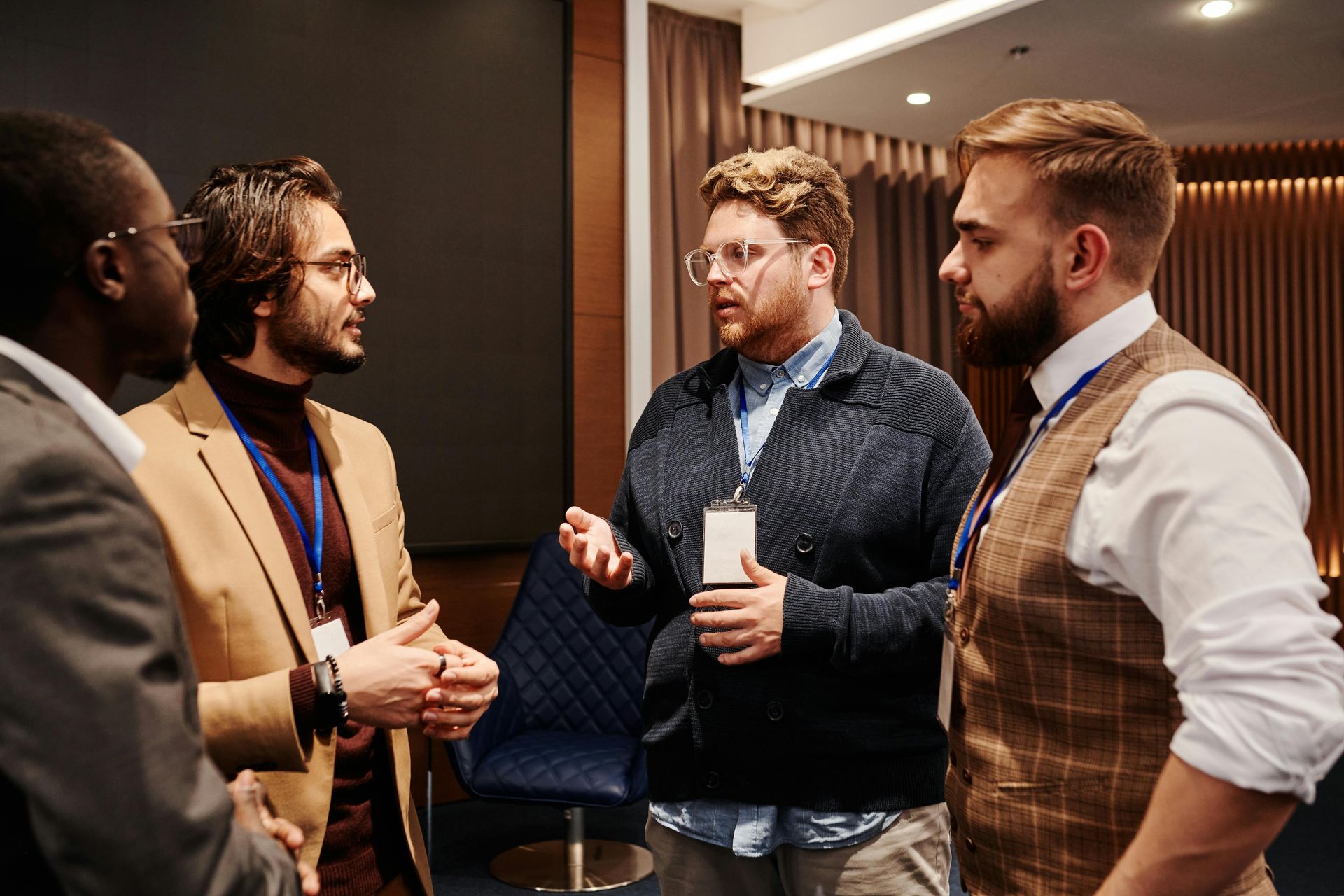DEI Meets East Germany: U.S. Universities Urge Students to Report One Another for ‘Bias’
Iván Marinovic and John Ellis
Wall Street Journal
04/6/2023 - 1:10 pm
Anonymous informers have always been a hallmark of totalitarian regimes. Friends, neighbors and even family members are encouraged to inform on those who speak against the regime. This is effective social control: Nowhere is safe to discuss politics, and everyday life is subdued. To this day, when Cubans want to discuss something sensitive, they go into their bathrooms, let the water flow and whisper.
Who would want to live under such conditions? Apparently, America’s colleges and universities do. They have been setting up their own systems of anonymous informers.\
According to a recent study by the free-speech watchdog organization Speech First, 56% of American universities have adopted schemes that encourage students to report on one another anonymously for “bias” or “protected identity harm.” This means that anyone who falls short of campus orthodoxy on “pronouns,” transgenderism, microaggressions and proscribed language might soon be denounced and deprived of basic due process, including the right to face an accuser. Zealots at Stanford recently denounced a fellow student who was photographed holding a copy of Hitler’s “Mein Kampf.”
The number of universities that have institutionalized snitching has doubled since 2017. The damage this will do to campus life is easy to imagine: It will chill free expression via self-censorship both in and out of the classroom; it will infantilize protected classes of students even more than they already have been; it will reinforce the campus culture of victimhood; it will further strengthen the radical orthodoxy; and it will divert yet more energy from learning to ideological activism.
Anonymous reporting has a self-selection component: Decent people won’t do it because they consider it morally repugnant. A system that rewards spying on friends and neighbors will disproportionately attract cowardly people motivated by the worst of human nature—resentment, jealousy, grudges and dogmatic intolerance. The snitches will be people who don’t understand the damage Stasi-like behavior will do to our universities.
Anonymous reporting will also contribute to the bureaucratic bloat of universities. Administrative staff will be needed to investigate and resolve the complaints, making a college education even costlier. By most estimates, the size of college administrations has doubled in the last 30 years, and tuition costs have risen at many times the rate of inflation. The solution is to reduce the number of administrative staff, not increase it further.
It’s predictable that many of these anonymous complaints will be trivial, but the investigating staff will be motivated to take everything seriously, no matter how absurd. They have an incentive to increase their case loads, creating a need for even more bureaucracy, which wastes time and money and interferers with academic work.
But perhaps the worst aspect of this scheme is that the most destructive of campus bureaucracies—the diversity, equity and inclusion brigade—will grow, for most of the campus bias-reporting systems are housed in DEI offices. Yes, the same group that polices language, forces ideological training down the throats of faculty and students, and mandates loyalty oaths from faculty candidates will be in charge of administering the system of informers. Woke ideologues will obstruct the work of those who still believe that the mission of a university is to foster the free exchange of ideas.
Broadly educated people will be shocked to learn that colleges and universities are encouraging behavior straight out of East Germany. Sadly, such people are rare on campus these days. The ones that remain are learning to keep silent.
Mr. Marinovic is an associate professor at the Stanford Graduate School of Business and a co-founder of the Stanford Classical Liberalism Initiative. Mr. Ellis is a professor emeritus of German literature at the University of California, Santa Cruz, and author of “The Breakdown of Higher Education: How It Happened, the Damage It Does, and What Can Be Done.”
DEI Meets East Germany: U.S. Universities Urge Students to Report One Another for ‘Bias’ - WSJ



